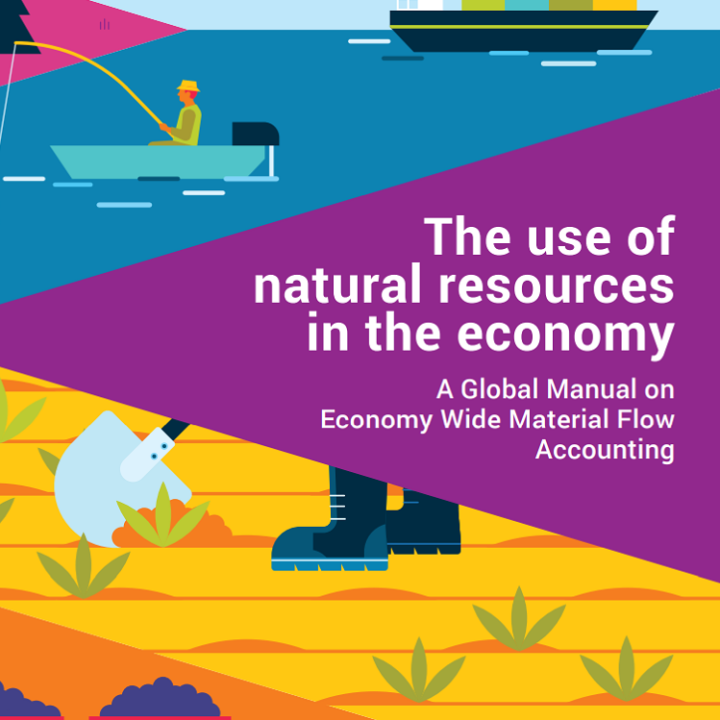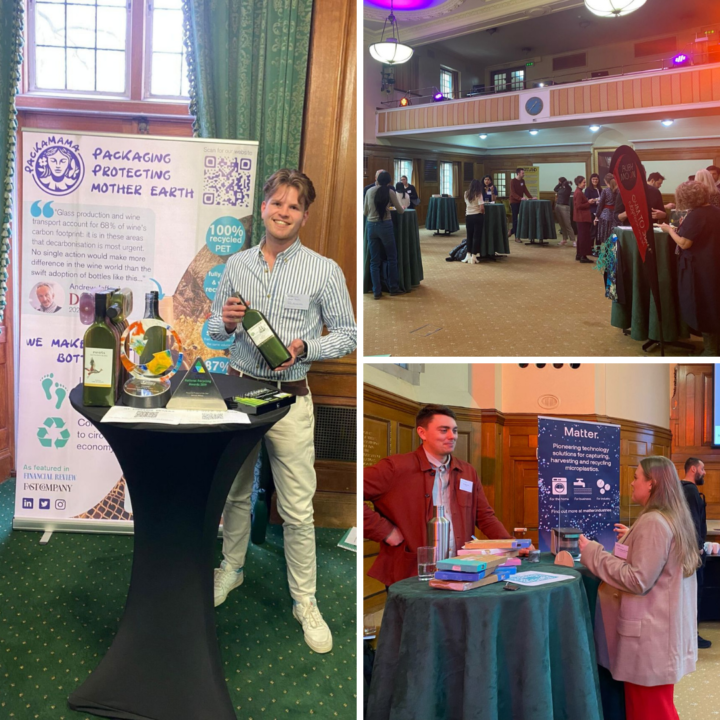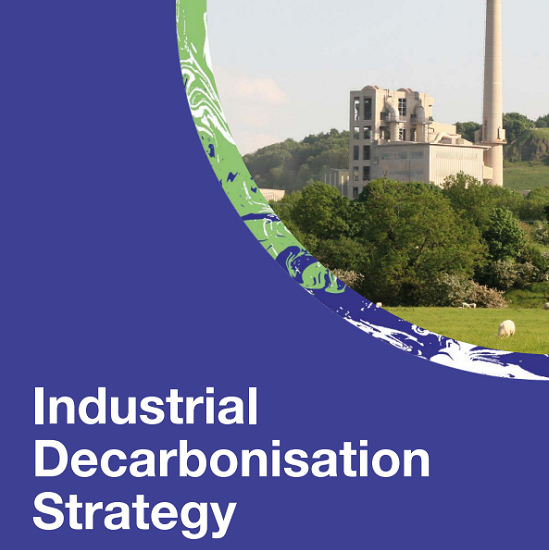2021, UNEP International Resource Panel
Transitional Pathways towards Achieving a Circular Economy in the Water, Energy, and Food Sectors
2021, Naidoo, Nhamo, Lottering, Mpandeli, Liphadzi, Modi, Trois & Mabhaudhi
Abstract
Achieving sustainable socio-economic development requires approaches that enhance resource use efficiencies and can address current cross-sectoral challenges in an integrated manner. Existing evidence suggests an urgent need for polycentric and transformative approaches, as global and local systems have come under strain. This study conducted a systematic literature review at the global level to assess the progress made towards achieving a circular economy between 2010 and 2020, a period covering the formulation of the Sustainable Development Goals (SDGs) and the initial five years of their implementation. The focus was on the potential of improved water and energy use efficiency, linking them to food production within the context of a circular economy. Identifying successes, opportunities, challenges, and pathways towards a circular economy from the literature review facilitated developing a conceptual framework to guide strategic policy formulations towards a more sustainable economy. A combination of transformative approaches is analysed in an integrated way in response to the 2030 global agenda on sustainable development. Thus, the study is informed by the initiatives to attain SDGs and mitigating negative environmental impacts due to waste and pollution. The premise is to enhance transformational change as a catalyst for employment creation and the attainment of a green economy while reducing waste. Transformative approaches have been identified to provide pathways towards global climate targets and protection of the environment from further degradation. They are a catalyst to achieve SDG 12 on ensuring sustainable consumption and production patterns.






